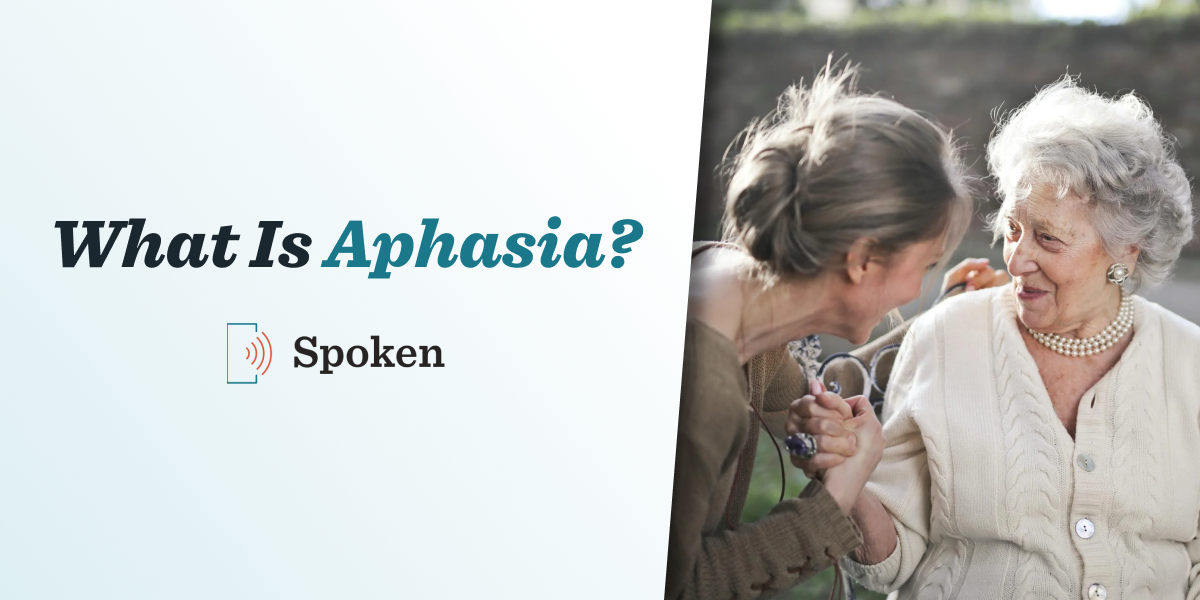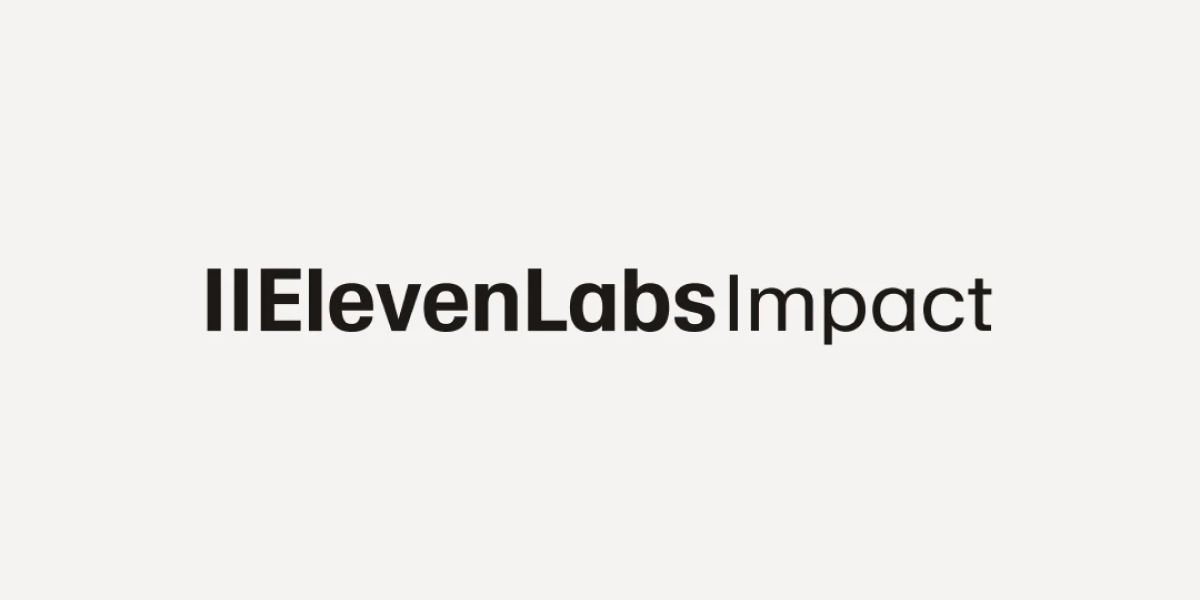What Is Aphasia?

Imagine knowing exactly what you want to say, but the words won’t come out right, no matter how hard you try. This is reality for more than 15 million people, thanks to a condition called aphasia.
Aphasia is an acquired language disorder that impacts a person’s ability to communicate, making it difficult to speak, understand language, or write. It is a result of brain damage, most commonly caused by stroke. Aphasia can also stem from serious head injuries, brain tumors, and other neurological conditions. Importantly, though, aphasia does not affect intelligence. An aphasic person still knows what they want to say — they just can’t get it out the way they used to.
Different Types of Aphasia
There are actually multiple types of aphasia, each causing different language impairments. The kind of aphasia a person has corresponds with what part of their brain has been affected.
- Broca’s Aphasia (AKA Epressive Aphasia): Speech is slow and labored. Some words may be left out — particularly those that contribute to grammatical structure rather than meaning — but comprehension is usually good.
- Wernicke’s Aphasia (AKA Fluent or Receptive Aphasia): Speech flows easily, but often lacks meaning. The speaker is usually unaware of their errors. Their understanding of spoken and written language is also impaired.
- Global Aphasia: A severe form where both speech and comprehension are heavily affected. It is essentially a combination of expressive and receptive aphasia.
- Anomic Aphasia: Difficulty recalling the correct words, especially nouns and verbs. Otherwise, speech and comprehension are generally intact.
Living with Aphasia
Imagine trying to order your favorite coffee and finding yourself unable to say “latte.” You might point, gesture, or describe it — “milk… coffee… hot” — and still not be understood. This can result in frustration and embarrassment. It can also affect jobs, relationships, and independence, often leading to isolation.
Fortunately, people with aphasia can still live full, meaningful lives. Speech therapy, support groups, communication tools like Spoken, and even patience and respect from others can make a world of difference.
How to Help Someone with Aphasia
If someone you know develops aphasia, there are a few simple steps you can take to help make it less frustrating for them:
- Include them in conversations. The isolation someone with aphasia feels can be worse than the speech challenges they face.
- Keep communication simple but adult. Don’t talk to someone with aphasia like they’re a child.
- Be patient and give them time to speak.
- Use gestures, pictures, or writing if it helps.
- Don’t pretend to understand if you don’t. Being respectful and supportive toward people with aphasia reassures them that they are still valued and understood, even if the words don’t always come easily. Encouraging their efforts without rushing or correcting them too quickly can build confidence and empower them to keep trying. Small acts of patience and empathy can go a long way in helping them feel like themselves again.
Recovering from Aphasia
For some, it may be possible to regain lost language abilities through a combination of therapy, daily practice, and support from loved ones. Progress depends on a few different things, including the cause of the aphasia, the area and extent of brain damage, and how soon therapy begins. In some cases, people make significant improvements within months, while others may require long-term support.
Speech-language therapy offers structured exercises that can be tailored to an individual’s specific type and severity of aphasia. It’s also important to regularly engage with language to stimulate the brain and rebuild neural pathways — this can include reading aloud, naming objects, having conversations, or using augmentative and alternative communication (AAC). With persistence and support, many individuals with aphasia are able to reconnect with the world.
Why Aphasia Awareness Matters
Nearly 2 million people in the United States live with aphasia, yet public awareness is very low. Additionally, even those who are aware of the condition may be completely misinformed about it. For instance, many people incorrectly believe aphasia is a form of dementia. While the two conditions can coexist, aphasia often manifests independently from any sort of cognitive decline. It is most commonly a result of stroke or traumatic brain injury (TBI). Conflating aphasia with dementia is harmful to the many aphasic people who can think clearly.
It’s important to spread the word about this misunderstood condition. With better understanding comes compassion. With compassion comes support. And with support, people with aphasia can reclaim their voices and their lives. Let’s take time to help spread the word: aphasia affects language, not intelligence.
About Spoken
Spoken is an app that helps people with aphasia, nonverbal autism, and other speech and language disorders.


